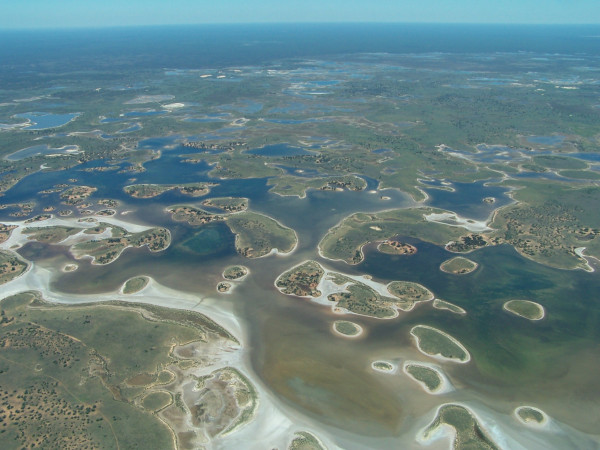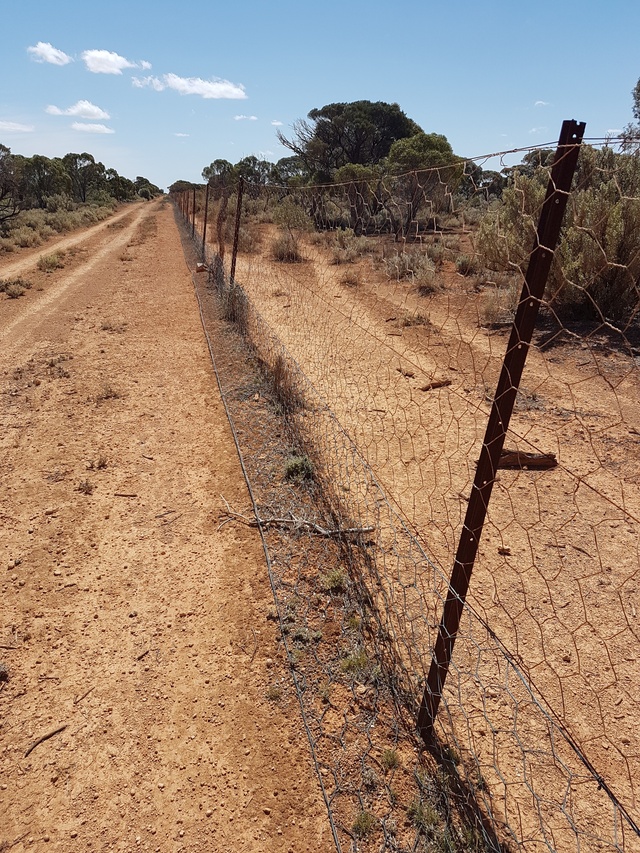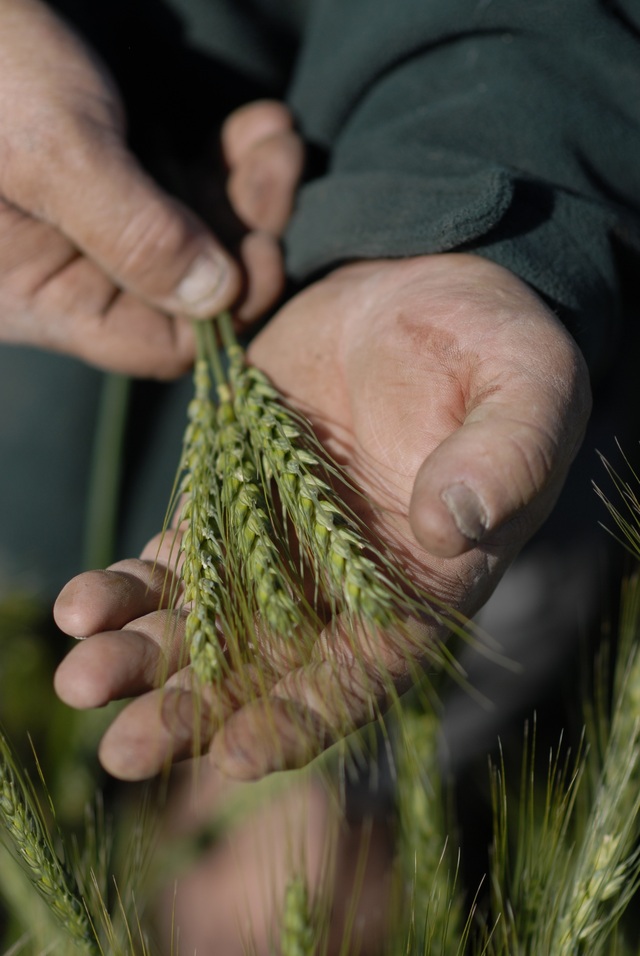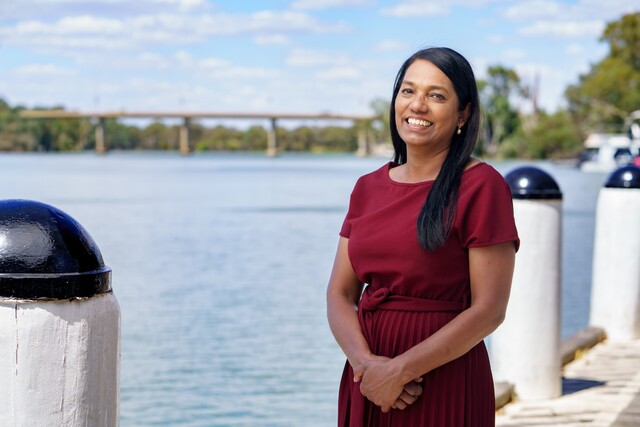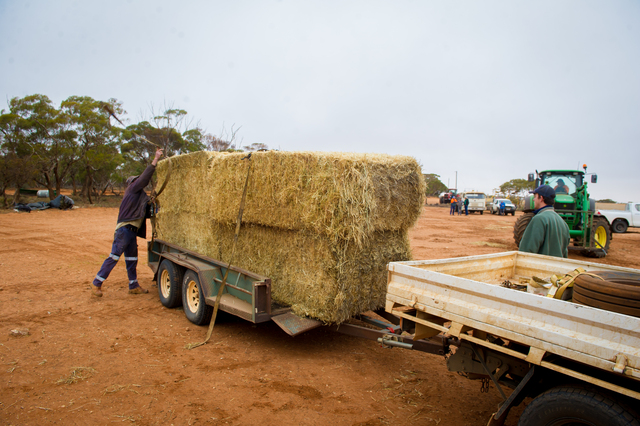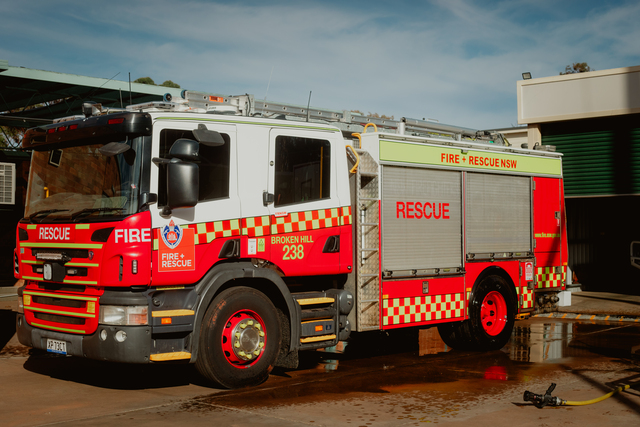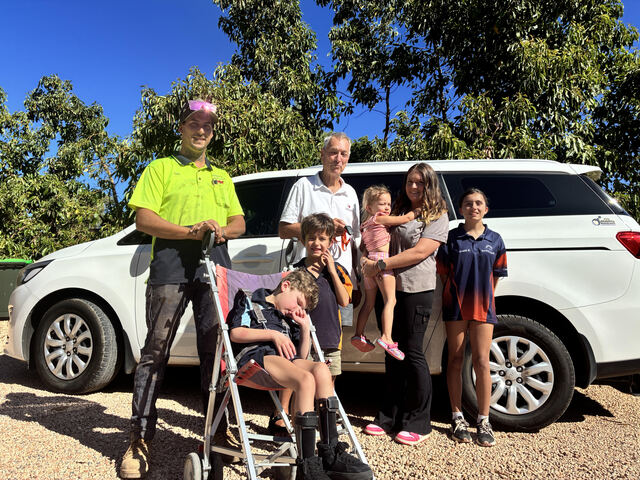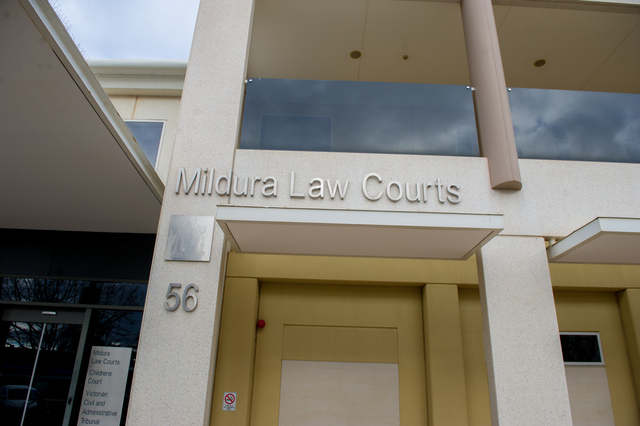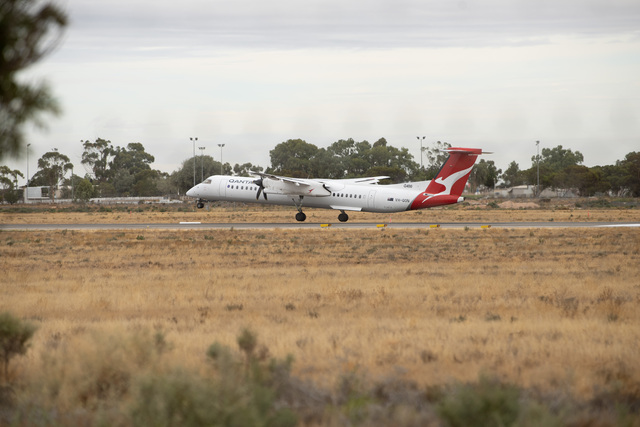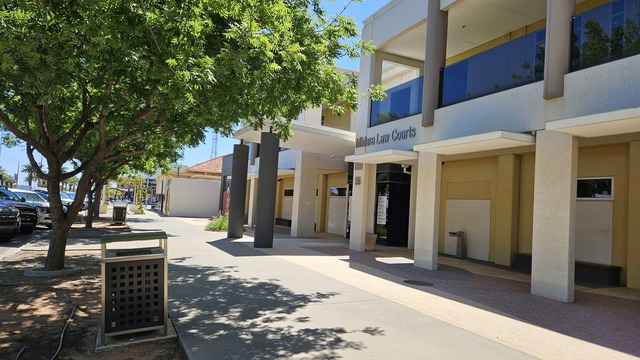NSW Water Minister Melinda Pavey failed to mention an important detail when she put forward regulations to license floodplain harvesting earlier this month.
She neglected to reveal she had received internal legal advice showing the practice was “on the balance” an offence under NSW water laws.
Meanwhile, the NSW Irrigators’ Council (NSWIC) circulated contrary advice while lobbying MPs to vote to accept the new licensing regime.
The internal advice was obtained through a parliamentary freedom of information request late last year, but legal privilege claimed by the NSW Government prevented anyone other than Legislative Council MPs reading it.
Shadow water minister Clayton Barr was also unable to see or be advised about the advice at the time of the disallowance debate on the regulations.
Under pressure from independent NSW MP Justin Field, Ms Pavey agreed to waive privilege on the legal advice and the formal ministerial briefing on the issue this week.
“I welcome the release of this important information, but it’s an extraordinary act of bad faith to have allowed this debate to happen without the government’s own legal advice being in the public realm for all stakeholders and parliamentarians to see and understand,” Mr Field said.
“Floodplain harvesting is highly controversial and contested and this legal advice makes it clear that the government has known for some time of the gaps within their legal system.
“Not making that clear to the public has pitted communities against one another and further entrenched distrust with the way our rivers are managed,” he said.
Ms Pavey said in a statement the advice showed the legal status of floodplain harvesting was “uncertain”.
Questions about the legality of floodplain harvesting have been central to the debate about regulating and licensing this form of water take.
“The tit for tat over legal advice has to end,” Mr Field said. “We need an open and transparent process to clarify the law, the definitions, the models and the rules for how this type of water take can work fairly for all, including downstream communities and rivers.”
In response, NSWIC chief executive Claire Miller said the organisation agreed “that this tit for tat over legal opinion has to end”, but argued “there has already been an open and transparent public consultation process backed by scientific technical reports”.
“Regulations are needed to limit floodplain harvesting to the cap and require metering to ensure compliance. This is what we would have had, if not for the disallowance,” she said.
Floodplain harvesting expert Maryanne Slattery dismissed this argument in a conversation with Sunraysia Daily this month.
Ms Slattery said monitoring under the regulations would allow self-reporting using log books and was open to misuse.
“It is clear the parliament is not prepared to give a blank cheque to the government to issue billions of dollars in tradable and compensable floodplain harvesting rights when there remains so much uncertainty,” Mr Field said.
“Minister Pavey has now flagged that the government intends to introduce legislation in the spring sitting.
“The onus is on the minister to engage with the Labor Opposition, other crossbench parties and stakeholders to negotiate a way forward that will provide certainty to irrigators while ensuring downstream flows are protected and the needs of downstream communities met.”

